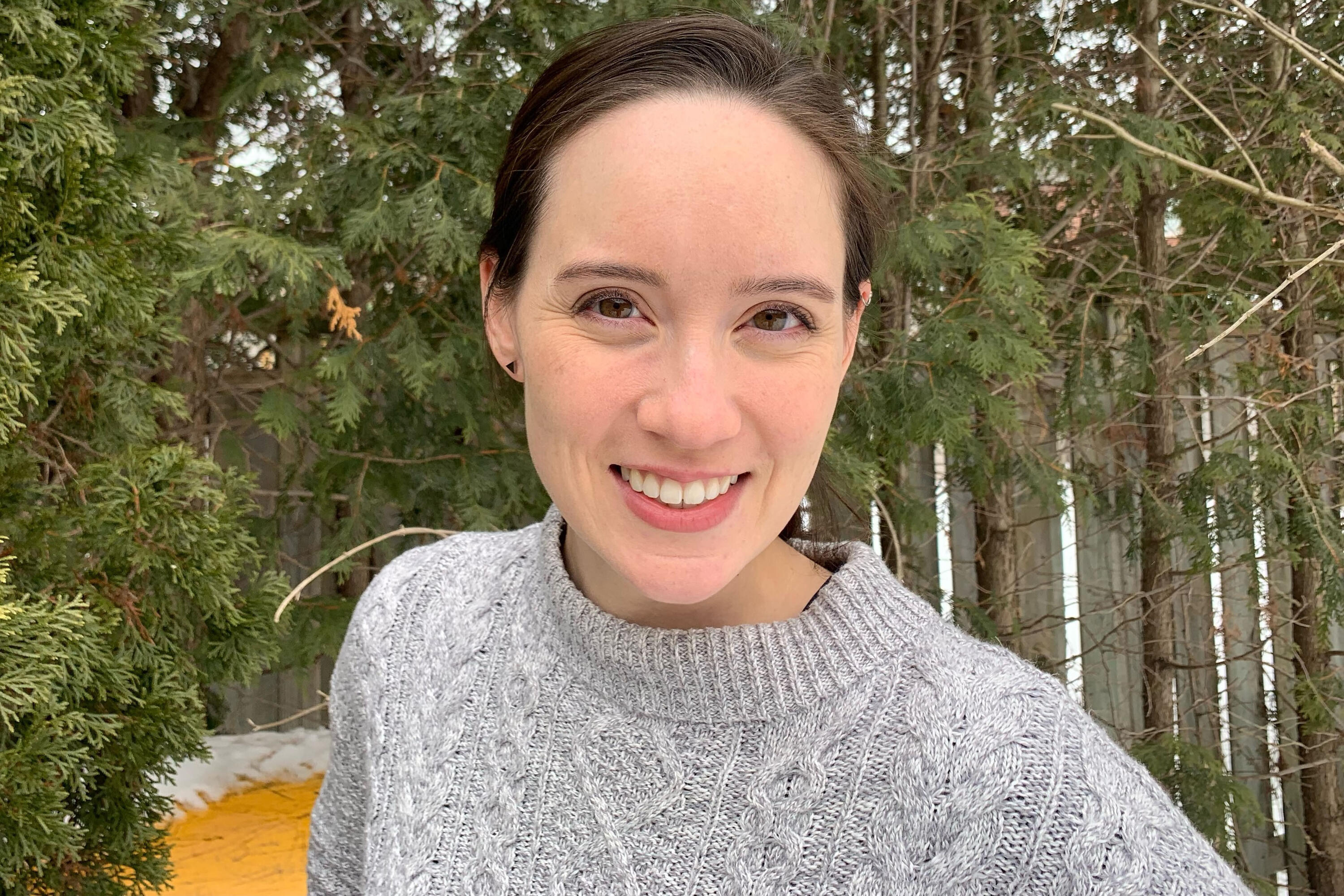
What projects did you work on?
I have been supporting a project to expand the collection of patient sociodemographic data to include an acute care program at Sunnybrook Health Sciences Centre. I have had the opportunity to engage with key informants and stakeholders to inform plans for data collection, staff and patient education, and evaluation of patient and staff experiences. I am currently developing an education program for staff data collectors. The program emphasizes the important role of sociodemographic data collection in identifying health inequities and informing quality improvement planning.
What was the highlight of your practicum?
The highlight of my practicum were the opportunities to attend organizational and regional level meetings that explored topics of health equity data collection, data governance, and the use of equity data in program design and delivery. These experiences broadened my understanding of data collection and governance and its challenges in practice.
What advice would you give to someone thinking about doing a program with a practicum component?
I would strongly recommend a program with a practicum. A practicum is a valuable opportunity to learn about an area of interest in public health that you may not otherwise get to experience firsthand. It can expose you to different types of public health projects and workplaces that you may want to explore in your career.
Why did you pick this program?
I was drawn to how supportive this program was of working professionals. As a full-time public health professional, I was able to work towards my degree part-time and online without sacrificing my career and family life. Also, I was interested in the curriculum and could see how it connected to my current job as well as to virtually all other areas of public health.
Would you recommend this program? Why?
Yes, I would definitely recommend this program. Firstly, the course instructors are very knowledgeable and experienced in their fields, which is clear in their course delivery. The courses are not designed only to “test” you; the assignments are relevant to public health roles and act as opportunities to practice for your career in public health. Secondly, the interprofessional program design is very engaging as it encourages students to connect and learn from each other’s experiences and perspectives. Finally, the program is incredibly supportive of working professionals and highly encourages students to gain public health experience to complement their education. The faculty has been empathetic to the changing demands on working students during the COVID-19 pandemic and I have felt very supported in my education.